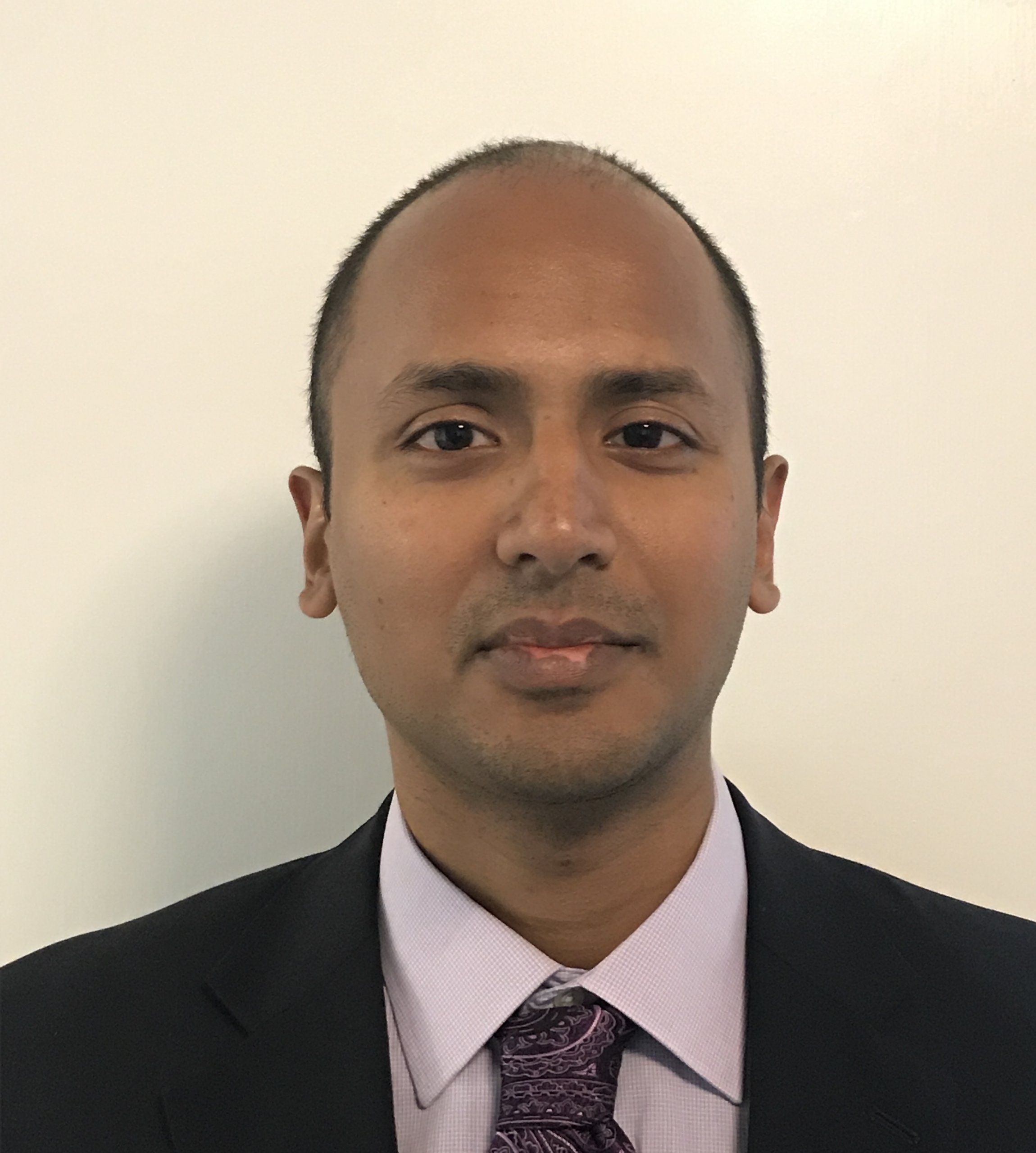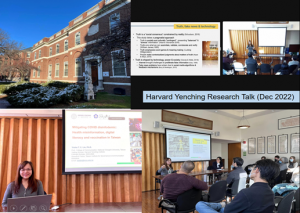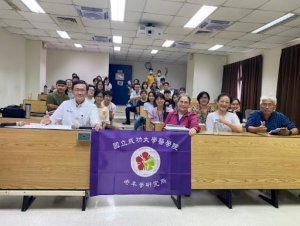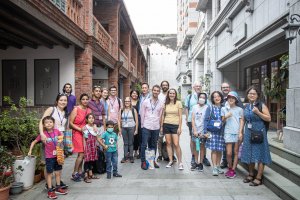I arrived in Taiwan in late September of 2021, receiving a Fulbright grant to carry out my Ph.D. dissertation research. My dissertation project concerns the Qing Autumn Assizes. This ritual institution was intended to ensure that control over the death penalty rested solely in the hands of Qing emperors and high-ranking bureaucrats and ministers in the capital. Originally, I had anticipated dividing my Fulbright period between Academia Sinica and the National Palace Museum. However, because the latter was undergoing renovations throughout much of 2021-2022, I ended up spending the great majority of my time at Academia Sinica. Despite the fact that I lived in Da’an, on the other side of central Taipei from Nangang, where Academia Sinica is located, excellent public transportation and the existence of a direct shuttle from Taiwan National University to Academia Sinica meant that commuting rarely felt onerous.
At Academia Sinica, I was affiliated with the Institute of Modern History. The office staff at the Institute were prompt in answering any questions I had before arriving in Taiwan. They did all they could to ensure that I was able to get started as soon as possible on my research once I was in the country. The Institute and the nearby Institute of Modern History and Fu Ssu-nien (傅斯年 Fù Sīnián) Libraries proved to be ideal places for carrying out my particular research project. In terms of Qing documents, the major strengths of both libraries lie in their collections of central-level bureaucratic materials, exactly the types of documents in which I was interested. Some of these collections still remain underexamined, especially by Western scholars, despite having been open since the late 1970s. The Institute of Modern History Library also houses a relatively small but valuable collection of local legal archival materials. Combing through these files for around a month towards the beginning of my research year, I was able to locate a number of local-level cases that will allow me to more effectively substantiate my arguments on the interactions between central and local state authorities during the Autumn Assizes. While I personally did not make much use of published materials this past year, the IMH and Fu Ssu-nien (傅斯年 Fù Sīnián) Libraries possess an excellent assortment of published compilations of both Chinese and Manchu language Qing archival materials.
Early on during my time in Taiwan, I made efforts to establish contact with many of the Qing scholars affiliated with Academia Sinica, as well as a few at other institutions in Taipei. I found local scholars to be very generous with their time and advice. Indeed, I would not have found some of the key sources in my dissertation without their assistance. More generally, Academia Sinica provided a highly stimulating intellectual environment, with weekly workshops and presentations on a wide range of topics in 20th-century and pre-modern Chinese history. Most workshops and presentations were conducted in Chinese and thus, in addition to their scholarly content, also served as excellent training for Western scholars interested in improving their professional language abilities. I was also able to join and regularly attend a Manchu Reading Group that exposed me to the scholarly concerns and priorities of Taiwanese historians who work with Manchu sources. If I have any regrets about my time at the Institute of Modern History, it is that I could not get to know more Taiwanese Ph.D. students and young researchers. Because Academia Sinica is primarily a research institute rather than a university, it is more difficult to attend seminars and classes where one might meet young scholars. Additionally, partly due to continued concerns about COVID, social events at Academia Sinica, especially in 2021 and early 2022, were more limited and sporadic than they would have been in more normal times.
Taiwan During the COVID Moment
Unlike some other Fulbright recipients whom I had the good fortune to get to know over the course of the year, I had previously lived in Taipei, and in other parts of Taiwan, on several occasions prior to the start of my grant period. Once again, I ended up living very close to National Taiwan Normal University and National Taiwan University, a neighborhood I had lived in both 2018 and 2019. Thus, there was not too much about the nature of daily life in Taipei that I immediately found surprising or unexpected. Of course, given that my last visit to Taiwan was in 2019, one thing I had not experienced on previous trips was the Taiwanese response to COVID.
When my fellow Fulbrighters and I arrived in Taiwan, it was still required to quarantine for two weeks and then self-manage for an additional week. After the two weeks of quarantine, when I was finally able to take some walks around the self-health monitoring hotel near Ximen, it was something of a revelation to find more or less everyone, even those working out in 90-plus degree weather, wearing masks in public places without fail. After witnessing the bitter resistance to mask mandates and other COVID-related restrictions in many parts of the US for nearly a year and half, it was striking to see how seriously the pandemic seemed to be taken by most Taiwanese people. Certainly, when we arrived in September 2021, some of the most severe COVID-related restrictions to that date were only in the process of being lightened, but the strict adherence to mask-wearing outside continued for most of the time I spent in Taiwan. In 2021 and early 2022, even single cases prompted a rigorous response from authorities, as was the case when the IMH library and many other buildings at Academia Sinica were shut down for roughly two weeks in late 2021 after one case was detected on campus.
I did come to find that despite widespread following of the rules, Taiwanese opinions on the pandemic were also more complicated than they appeared at first. For the most part, outside of an anti-vaccine protest I stumbled across with a fellow Fulbrighter near Zhongshan station around the beginning of summer 2022, I witnessed little in Taiwan that approached the fervor of the anti-vaccination sentiments held by a substantial portion of the population in the US and some other Western countries. However, a surprising number of Taiwanese people with whom I spoke expressed concern about the potential side effects of vaccines. In my first month out of quarantine, the owner of a café I frequented mentioned how she thought that some of the medical issues she had been suffering from recently had resulted from the vaccine. Many others I spoke with in the months that followed, such as members of the hiking groups I participated in, thought that there was insufficient proof that the vaccines were safe. I was a bit shocked when I went to receive my third dose of the vaccine early in 2022, to see some elderly Taiwanese who seemed to be in their 70s receiving their first dose. Of course, there were also Taiwanese I met who voiced the opinion that the vaccines were necessary and any fears regarding their safety were unfounded.
On the one hand, the range of emotions and responses to COVID I came across in everyday life seemed a testament to Taiwan’s open and democratic society. Less positively, it pointed to the dangers of misinformation in most developed countries in the 21st century.
A Foreigner in Taiwan
Despite having previously resided in China for three years and in Taiwan for roughly a year and a half total, and having studied Mandarin for a full decade, my Fulbright year marked the first time that I felt more or less entirely comfortable interacting in the language in both social and professional settings. This brought with it peculiar joys and frustrations. On the one hand, it was enormously satisfying to attend workshops, presentations, and other professional events, or to walk into a neighborhood restaurant or bar, and in all of these instances, to finally not be assailed by the thought that so much of what was being said was going over my head. There was a new spontaneity and depth to my interactions with people both in Taipei and other parts of the island when I had the chance to travel.
This was also the first time I had visited Taiwan after beginning to study Taiwanese. I was glad that I had elected to do so almost immediately after arriving at Taoyuan Airport in September when I noticed the warmth with which workers at the airport responded to me after discovering that I could speak the language, albeit in a middling sort of way. This feeling was further confirmed on my travels to Kaohsiung, Chiayi, and other parts of south and eastern Taiwan. I had previously been ignorant of how much social activity in Taiwan, even in Taipei but certainly all the more outside of the North, takes place in Taiwanese. It was fascinating to begin to explore this side of the island’s culture that had been beyond my reach.
Yet, for all of the welcome ease of interacting with people, my new sense of fluency also brought the limits of assimilation into Taiwanese society more clearly into view. My initial experiences with the Chinese language came as a Peace Corps volunteer in Sichuan, China. In the small Sichuan city of Yibin, where I spent two years, there were hardly any foreigners outside a handful of English teachers. It was an exceedingly common occurrence whenever I ventured outside my college gates, and sometimes even on campus, to be greeted with shouts of “hello” or “foreigner” and sometimes less polite epithets. Thus, on my first visit to Taiwan, in 2015, it came as a very welcome surprise that foreigners in Taipei, and even in more remote locations on the island, were far less singled out and remarked upon than in the regions of China with which I was most familiar. For me, this matter-of-factness with which foreigners were treated gave rise to at least the subconscious aspiration that at some point in the future, when my language skills were good enough, I would gain a measure of acceptance in Taiwanese society that I had found very difficult to come by in China.
In some contexts, this hope was not entirely unfounded. At Academia Sinica, as well as at some of the restaurants, bars, and other businesses I visit frequently, people indeed had no reservations about conversing with me in Mandarin and in treating me as they would any other colleague or customer. Yet, in many instances, I was reminded that people were entering into interactions with me with the expectation that I would not be able to understand anything they said. As one taxi driver in Taitung confessed as he dropped me off at the train station, when he initially saw me waving on the side of the road, he had been reluctant to pick me up because he assumed that we would have no way to communicate. On that occasion, the driver was enthusiastic about chatting with me after he realized that I could speak with him. However, a number of others seemed unable to shake the idea that an unbridgeable gap lay between us even after the sustained conversation. This was the case on my trip to the local post office, on one of my last days in Taiwan, to mail research materials back to the US, where a clerk persisted in trying to communicate with me using hand gestures despite repeated assurances from his colleague that she had spoken with me when I had come in a few days before.
All in all, despite such frustrations, my Fulbright year in Taiwan proved highly enriching, both intellectually and emotionally. Academia Sinica provided a wonderful environment in which to carry out historical research. The materials I located in Taipei and my discussions with scholars opened up many possibilities for future research that I had previously not considered which I hope to follow up on over the coming years. Living and doing research in Taipei during COVID also provided a unique window into Taiwanese society. The fact that I was in Taipei for a full year meant that I experienced the pleasure and satisfaction of forming the types of close personal connections that I look forward to cultivating further on future visits.
Managing Editor: Chih-Hsuan Tsao 曹芷瑄







